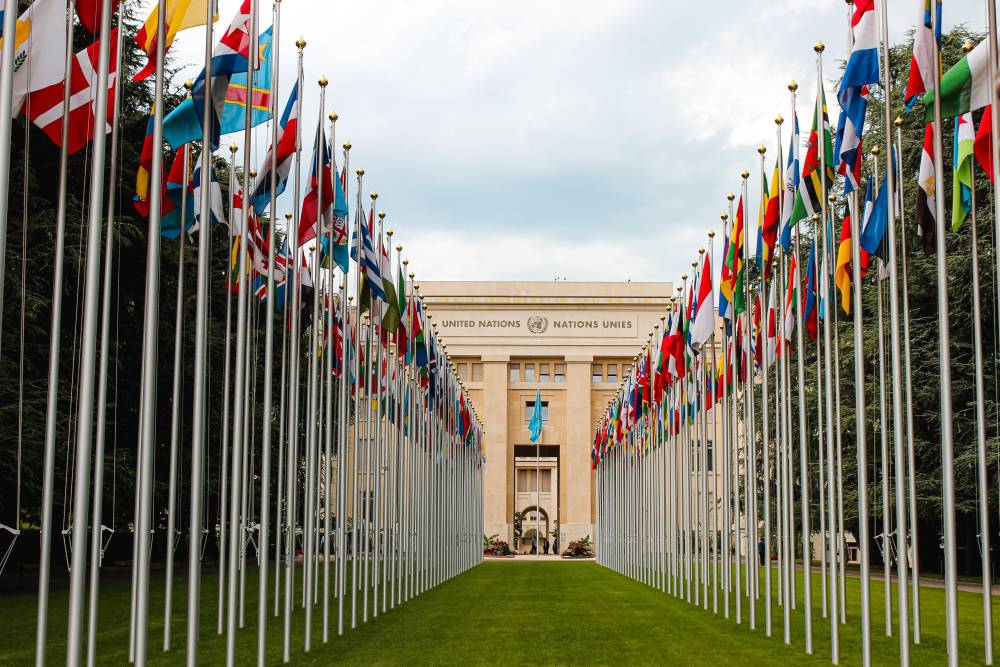The International Baccalaureate (IB) has come a long way since its inception as an experimental program for international students. Today, the IB offers four distinct educational programmes and is recognized as a leader in international education. The IB's impact can be seen in the thousands of IB World Schools around the globe and in the success of its graduates. The IB's emphasis on critical thinking, research skills, and a global perspective has prepared students for success in university and beyond. In addition, the IB's commitment to promoting access to education for all has made it a pioneer in the field of education. In this comprehensive overview, we will examine the history and evolution of the IB, its impact on education, and its plans for the future.
The International Baccalaureate (IB) is an educational foundation headquartered in Geneva, Switzerland, that offers a range of educational programmes for students aged 3 to 19. The IB began as an experimental program in 1968 at the International School of Geneva, with the aim of providing a challenging and comprehensive education for international students. The founders of the IB were a group of educators from around the world who believed in the need for an education system that went beyond the confines of national borders and catered to the diverse needs of students from different cultural backgrounds.
The IB began with the Primary Years Programme (PYP), designed for students aged 3 to 12, which focused on inquiry-based learning and developing critical thinking skills. The programme quickly gained popularity and was adopted by other international schools around the world. In response to growing demand, the IB added the Middle Years Programme (MYP) for students aged 11 to 16, which aimed to provide a bridge between the PYP and the Diploma Programme (DP).
The DP was introduced in 1971 and became the most well-known and widely recognized of the IB programmes. The two-year pre-university course of study was designed for students aged 16 to 19 and aimed to prepare them for university and beyond. The DP was created in response to a need for a rigorous, internationally recognized curriculum that would be accepted by universities around the world. The programme emphasizes critical thinking, research skills, and a global perspective.
In 1994, the IB launched the Career-related Programme (CP), which was designed for students aged 16 to 19 who wanted to pursue a career-oriented education but still maintain the rigorous standards of the IB. The CP combines academic study with practical, career-related experience and emphasizes the development of skills such as critical thinking, communication, and problem-solving.
Today, the IB offers four programmes: the PYP, the MYP, the DP, and the CP. These programmes are offered in over 7,000 IB World Schools in over 150 countries. The IB has become a leader in international education and is widely recognized as a symbol of academic excellence. In addition to its academic programmes, the IB also offers professional development for educators and works with governments and other organizations to promote international education and access to education for all.



